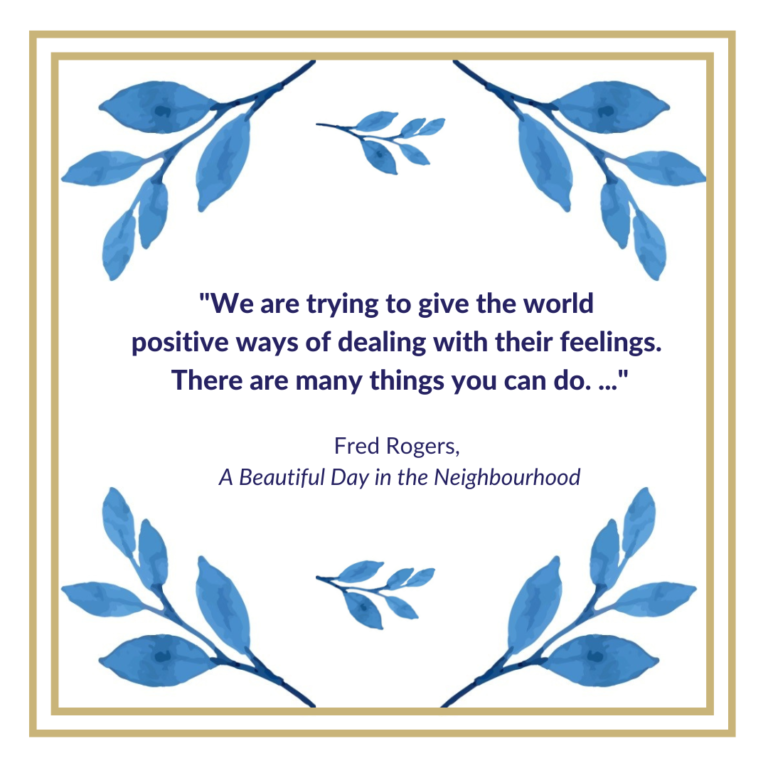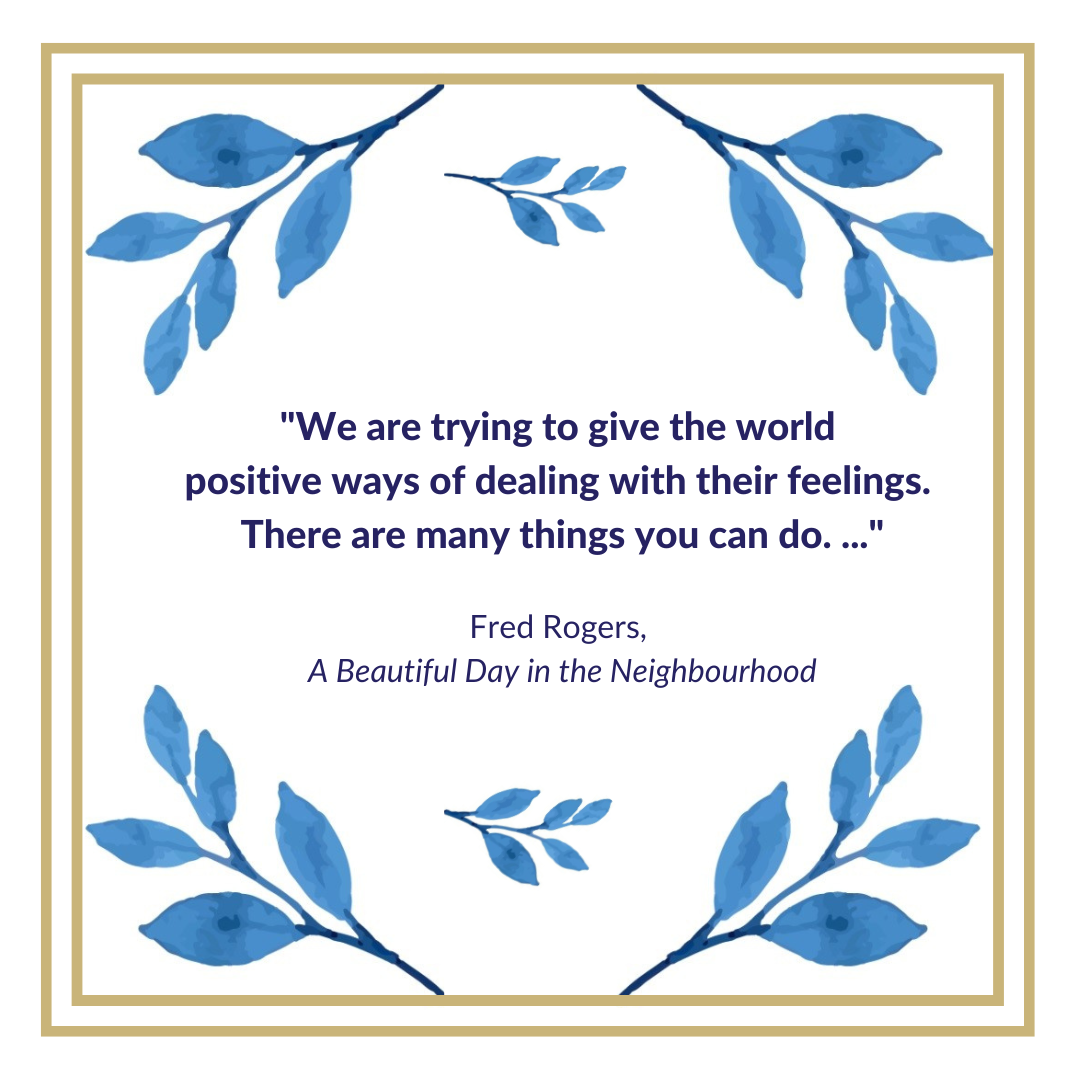So, what do you do when you cannot fix things in your life, the world or other people?
Look For the Resources Within
Psychologists, and those trained to listen to others in pain or distress, know you cannot “fix” someone else. Especially if they do not want to be “fixed”. Or if they have no intention of rising above their problems and taking responsibility for themselves. It may be that they just do not possess the personal tools at the time. Whatever the reason, to fix many of the things that are wrong, or not working, in our lives, we have to locate the resources within ourselves. And we have to want to do so. Even if we sometimes need an external sounding board to help us find our way.
Sometimes it is not the things inside we need to fix. The pressure of outside events, the awfulness in the news, or practical troubles in our lives can overwhelm us, especially when they seem to go on and on interminably. That crushing sense that things are getting worse; that feeling of being taken over by negative events outside our control.
All of us who engage with social media know that feeling only too well. Even if we do learn when to turn the news off. And even if we are more skilled at focusing on what we can control and follow more positive feeds. The “overwhelm” can still suddenly set in unexpectedly. It can creep up on us and knock us over when there is one more difficult decision to be faced, or one more unhappy event occurs. We then wonder how matters got that far.
Sometimes it is just the little things, the proverbial straws that break the camel’s back.
When Mending Is Impossible
Those of us who stand beside others in need (or try to), whether in our own families or professionally, know the pain and frustration of not being able to make things right. We are familiar with the tearing apart of our own souls and the scars that stay within. The struggle to overcome our own need to fix things or tell others what to do. The risk of hurrying people along emotionally because we ourselves feel overwhelmed and helpless. Or because our own hurts and “syndromes” have been triggered.
Naturally, this presupposes that we recognise our feelings in the first place. It takes skill and practice to notice that they are building up. That our personal fragile glass is far too full. Even more so when our feelings are still numb because of grief. Or because they are accumulating so fast that we barely get a chance to breathe, let alone reflect on what is going on.
And, for the carers among us, there are those tragic times when we know our snapping point is looming, but we feel powerless to fend it off. Help is just not forthcoming. We have to plough on with heart and faith in hand and do our best, hearts breaking as our best equates to the very least. As we give the bare minimum of what we want to offer to meet another’s needs.
So how do we find equilibrium in such times? How do we steady our own souls? Mend our own hearts and vent our own frustrations in healthier and more productive ways? How do we endure and keep ourselves afloat?
‘There Are Many Things You Can Do’
I am not a psychologist, but the answer to that question is, of course, that ‘there are many things we can do’. We may need to take a step back to find them, but we all have different ways of recovering our balance, realigning ourselves and steadying our little teacup in the midst of life’s storms.
Some lines from a favourite film come to mind: A Beautiful Day in the Neighbourhood, starring Tom Hanks as TV presenter Fred Rogers. I had never heard of Fred Rogers before seeing the film. Yet it seems that, in some quarters, he was a household name. If you have not seen the film, or heard of Fred Rogers, here is the official trailer. It includes the lines that impacted my heart at the time:
“We are trying to give the world positive ways of dealing with their feelings. There are many things you can do. You can play all the lowest keys on a piano at the same time. BONG!”
I cannot remember for sure, but I think those were the lines that made me watch the film. They have stayed with me ever since, guiding me in difficult moments. Encouraging me to try and take a step back when I start getting wrought. Or prompting me to reflect on how I could have stepped back, when even the tiniest step forward felt like a giant leap across a menacing ravine.
A Snippet From My World
So, here’s a little glimpse inside my personal world…
Years ago, during a time of protracted illness, I found joy and solace in learning to make cross stitch cards. It may not seem much, but it was all I could manage at the time. I gained both healing and encouragement from those small accomplishments. Especially as they were gifts I could give to others, despite my frailty. I was not particularly skilled, but have never forgotten how much I learnt from the experience.
Though I still make such cards at times, these days I prefer to knit or sew as I have picked up other skills along the way. I had always loved fabrics and had dreamed of creating garments. Yes, I had always wanted to sew, but until that dedicated, accidental “time-out”, I never really pursued my sartorial dreams with determination.
So, while working as a hospital chaplain for many years, I found balance, joy and emotional respite in weekly sewing classes. I originally attended to learn specific skills but, as many “sewists” know, the rewards of joining a sewing or knitting group or class go far beyond the skills attained.
Mending Heals My Soul
More recently I have realised I get great satisfaction out of mending. I still enjoy making new garments from scratch, but there is something incredibly satisfying about mending. Again, I am not proficient at it (I would love to join an invisible mending class if I could find one). Yet fixing something that is torn, or has a hole, or holes, really helps me heal my soul.
Every so often, of course, there is the frustrating garment or household item that just cannot be mended. At least not by me. Or the things I try to mend multiple times out of sheer bloody-mindedness*. In our house we call that “mending the unmendable”. The items where the fabric is just too frayed to stand up to future use and I have to give in to letting them go. We are not a museum after all.
Agèd pillowcases are the bane of my life. They seem to suddenly decide that enough is enough. And almost always when I had no idea their demise was imminent. Life is just too short to check everything we own. Or maybe it is the over-20-years marriage thing. Most of the appliances we bought at our wedding decided to bite the dust in quick succession at the 20-year mark. They went down like a set of bowling pins. We keep a dedicated savings account for electrical appliances now. There is no chance that our current white goods will last another 20 years. Manufacturers no longer want them to last that long. Though I have heard there are moves afoot to change all that.
Winding Down and Taking Stock
I digress. Mending was my theme, not sustainability, even if the topics overlap. Mending is in my mind again because it is Saturday. I often write these musings at the end of a busy week. They help me wind down and take stock.
Sundays are sacrosanct in our household. We aim to turn off technology, certainly where work is concerned. I also turn away from my mending, though I sometimes think it might be a good Sunday pastime as it helps me put my world to rights. Yet I do try to spend some of Saturday at my sewing machine, mending the mendable, including a few bits of my soul that seem to gain from the experience.
Weekday evenings in front of the television seem to go the same way. I often have a sock or two to hand, even if I can only find a tiny hole to exercise my needle. It seems to have become more about me than the hole. Some folk I know do the same with knitting. Yet, when tired, I prefer to fix something and then put it down as a way of letting go of the day. Creating a new garment requires energy. And knitting often includes focused counting. Though I have been known to knit a patch or two in the same “fixing” vein.
Mending Old Jeans
So, in drawing my Saturday musings to a close, I will reveal, self-indulgently, that I rescued the jeans in this photo. They are my husband’s, not mine, and were definitely a “bloody-mindedness project” as I had patched a couple of smaller holes before, only to find that the rest of the legs were not impressed with the mend. I had destined them for gardening (I call them his Bill-and-Ben jeans because the patches remind me of stacked flowerpots) but, apparently, they are “cool” (my husband works with teenagers). So, the garden is not the only place they get to visit.
Yet they have inspired me and, this Saturday, as I wind down from the week, I will turn to re-rescuing a pair of GAP jeans of my own from yesteryear. They are very old friends I cannot bear to lose. Above all, they offer me another chance to set a few things right within my soul and will, no doubt, help me put my inner world to rights.
What helps you fix the unfixable in your own soul?
* In case you were wondering, bloody-mindedness is not a swear word. It seems to have originally meant “intent upon blood and warfare.” Sewing can feel like that at times. My husband can attest to the holes in my fingers. I have even been known to prick my toes! Thankfully the dogs have managed to avoid following suit…







